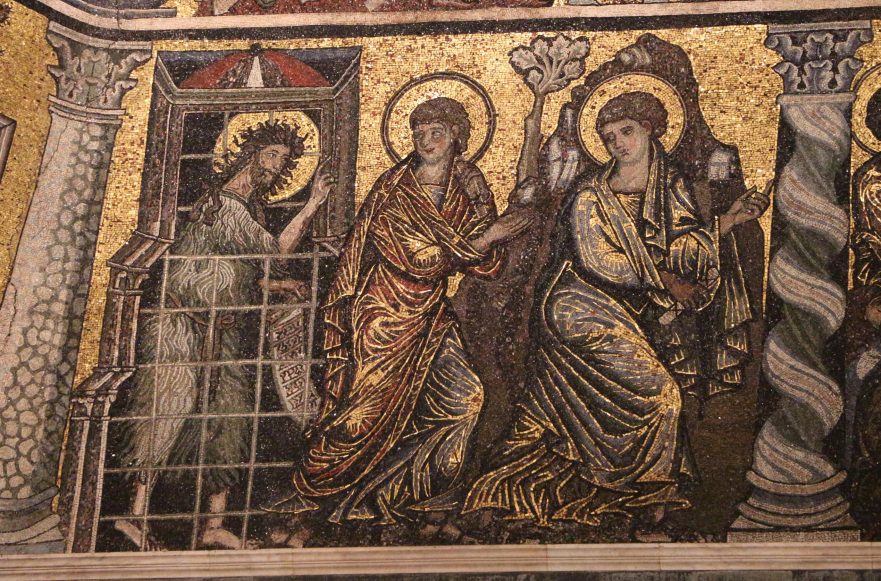When John the Baptist asked Jesus, “Are you the Coming One?” did Jesus reply, “Yes, I am” or “No, I’m not”?
Friend In Need Simile

Is God asleep, oblivious to our prayers? Is he a grouch, unwilling to respond to our pleas? In the Friend in Need simile Jesus instructed his disciples that the grounds for confident prayer is the character of their good and trustworthy God.
Persistent Widow Parable
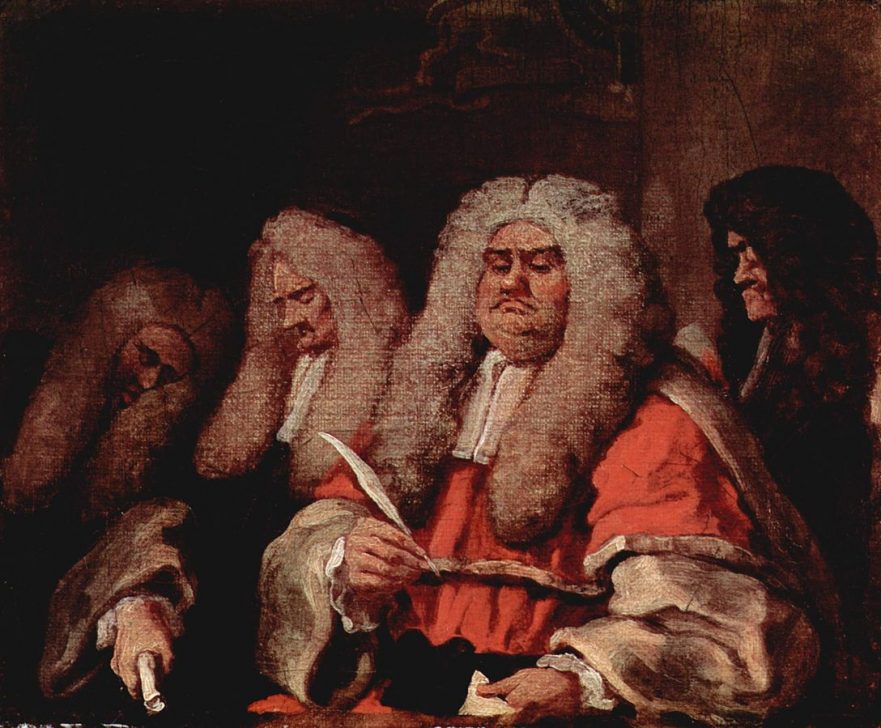
In what way is God similar to a crooked judge? Do believers have to pester God into action? Explore questions such as these in the LOY commentary on the Persistent Widow Parable.
Yeshua’s Discourse on Worry

In Yeshua’s Discourse on Worry Jesus confronted one of the most serious concerns of the disciples: how would their basic needs be met now that they had given up their possessions and livelihoods in order to itinerate full-time with Jesus?
Lost Sheep and Lost Coin Similes
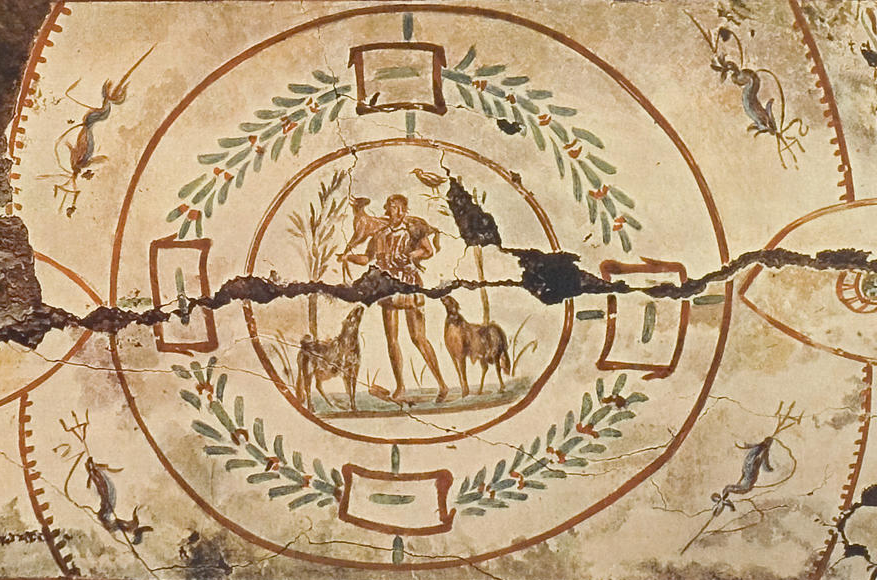
With the Lost Sheep and Lost Coin similes Jesus explained to his critics that he ate and drank with “sinners” because God rejoices when a person repents. God wants his friends—including Jesus and Jesus’ critics—to join him in the celebration.
Call of Levi
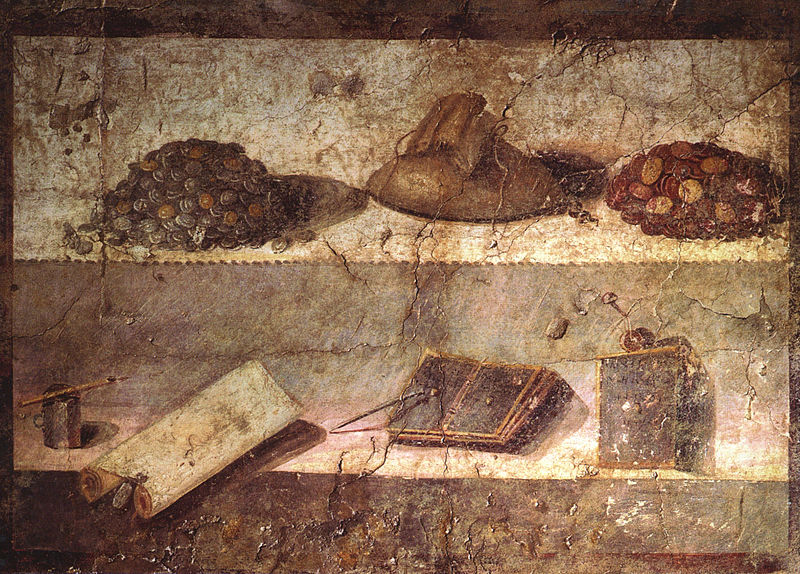
In the Call of Levi story we learn about Jesus’ attitude toward sinful persons and about his relationship with the Pharisees.
Mysteries of the Kingdom of Heaven

Did Jesus offer a rationale for teaching with the aid of story parables in this pericope, or does the Mysteries of the Kingdom of Heaven saying celebrate the dawning of the new age of redemption?
“Yohanan the Immerser and the Kingdom of Heaven” complex

The Hebrew Life of Yeshua, the source that Robert Lindsey believed ultimately lies behind the Synoptic Gospels, contained a conversation about John the Baptist and his relationship to the Kingdom of Heaven. David N. Bivin and Joshua N. Tilton attempt to reconstruct that conversation here.
Yeshua’s Thanksgiving Hymn

In Yeshua’s Thanksgiving Hymn the Holy Spirit inspires Jesus to utter an Essene-style hymn that expresses gratitude for the divine revelation that was being disclosed to his followers.
Like Lightning from Heaven (Luke 10:18): Jesus’ Apocalyptic Vision of the Fall of Satan

Did Jesus’ vision of Satan plummeting from heaven have a symbolic meaning that is not readily apparent to modern readers?
Return of the Twelve

When Jesus’ twelve emissaries to Israel returned from their mission, thrilled by their success at exorcising demons, Jesus described to them a vision of the expulsion of Satan from heaven. The vision’s message was double-edged: on the one hand, the downfall of the angelic prince meant that the way was opened for the redemption of Israel; on the other hand, having fallen to earth, Satan was about to unleash his fury against God’s chosen people.
A Farewell to the Emmaus Road

Despite the Israel Antiquities Authority’s call to action, little has been done to preserve the ancient remains of a Roman road that are still visible in the area where Jesus traveled with two of his disciples on the day of his resurrection.
A Nativity Meditation for 2016

The messianic era dawned with a proclamation of God’s favor toward all humankind.
Did Jesus Call God “Abba”?
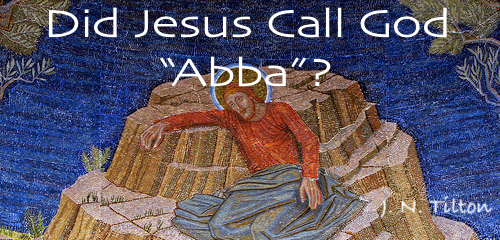
In the past, some scholars have relied on the evidence of Jesus’ use of the word “Abba” to draw far-reaching conclusions about Jesus, the language he spoke, and his relationship to Judaism. As part of their ongoing research for the LOY project, David Bivin and Joshua Tilton revisited the evidence for Jesus’ use of “Abba” as an address to God. Tilton summarizes their findings here.
A Statistical Approach to the Synoptic Problem: Part 4—Non-Linear Hypotheses

In Part Four of his series, “A Statistical Approach to the Synoptic Problem,” Halvor Ronning compares Lindsey’s theory of Lukan Priority to alternative solutions to the Synoptic Problem.
Sending the Twelve: Apostle and Sender
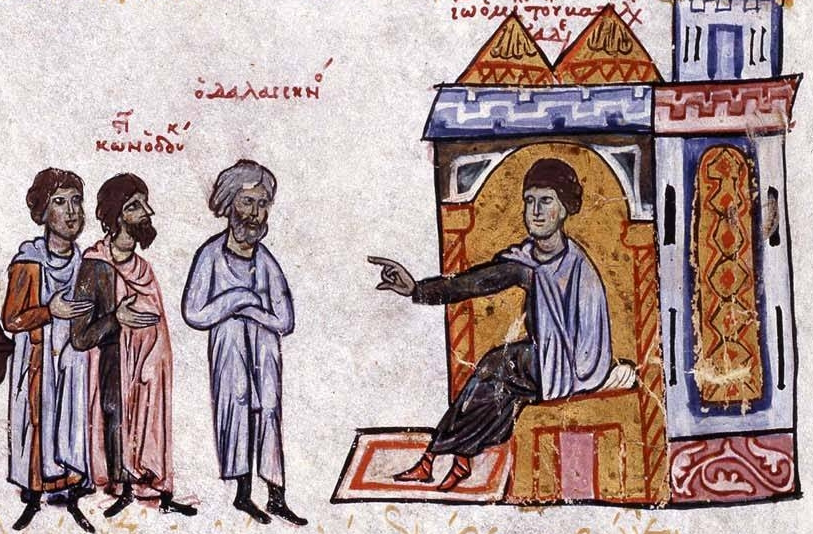
The Apostle and Sender saying (Matt. 10:40; Luke 10:16) not only gave assurance to Jesus’ emissaries as he sent them out on their first healing and teaching mission, it also offers us an extraordinary glimpse into Jesus’ high self-awareness as the shāliaḥ, or official representative, of Israel’s God. In this segment of the Life of Yeshua commentary, David N. Bivin, JP’s editor-in-chief, and Joshua N. Tilton envision how Jesus’ Apostle and Sender saying may have been worded in Hebrew and explore the Jewish backgrounds of this profound saying.
The Programmatic Opening of Jesus’ Biography as a Reflection of Contemporaneous Jewish Messianic Ideas
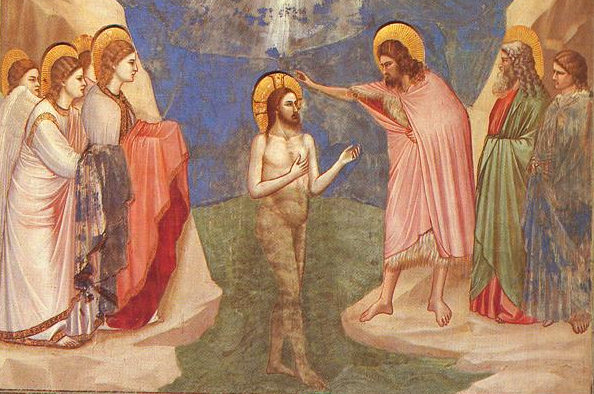
In this study Professor Ruzer suggests that there was a broader first-century Jewish context behind the narrative strategies employed in Mark’s prologue to Jesus’ messianic biography. On the other hand, he also demonstrates that Mark 1:9-11 can be used to recover an early phase of a pattern of messianic belief, seemingly shared by wider Judaism, that continued into the rabbinic period. In other words, New Testament evidence can be an important witness to broader trajectories in early Jewish messianic beliefs.
Gospel Origins: From a Hebrew Story to the Canonical Gospels
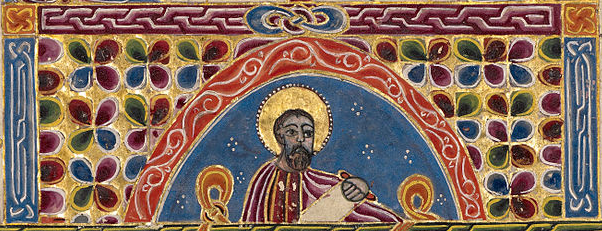
Originally released as a pamphlet entitled The Gospels in 1972, Jerusalem Perspective brings you this discussion of the Synoptic Gospels by Robert L. Lindsey in a newly revised and updated edition. Herein Lindsey critiques the theory that the Gospel narratives were developed orally by Greek speaking Christians in a decades long process. Lindsey argues that there is strong evidence that the material preserved in Matthew, Mark, and Luke descends from a Hebrew document written shortly after the events it describes.

